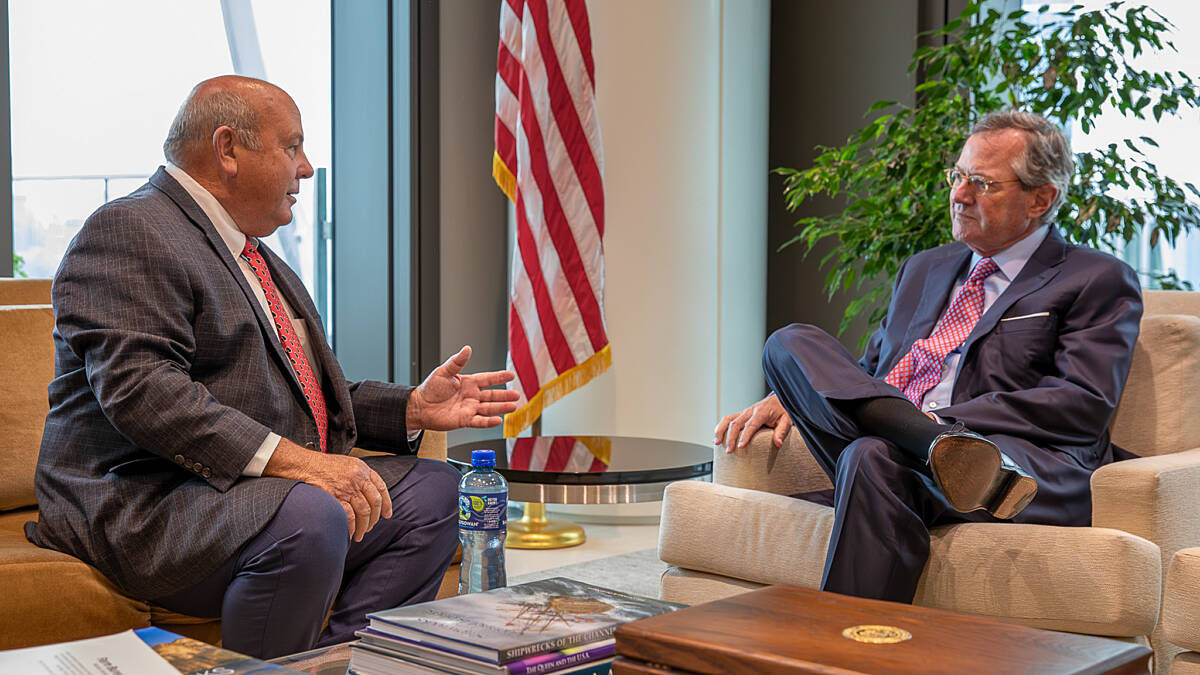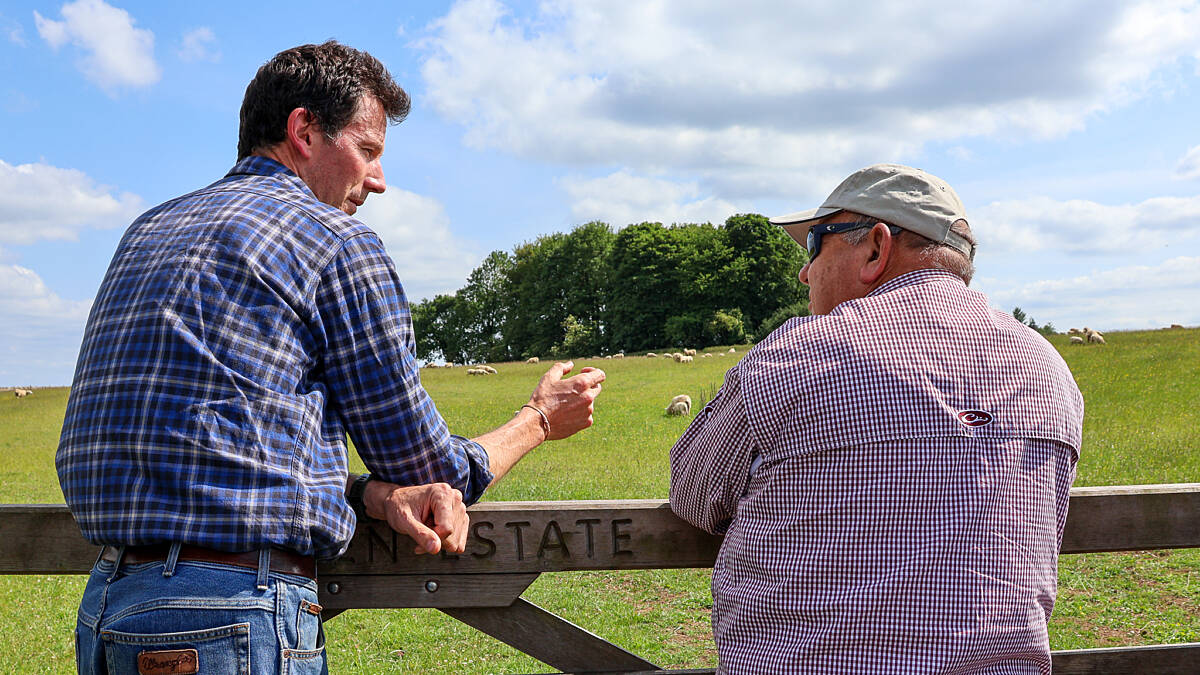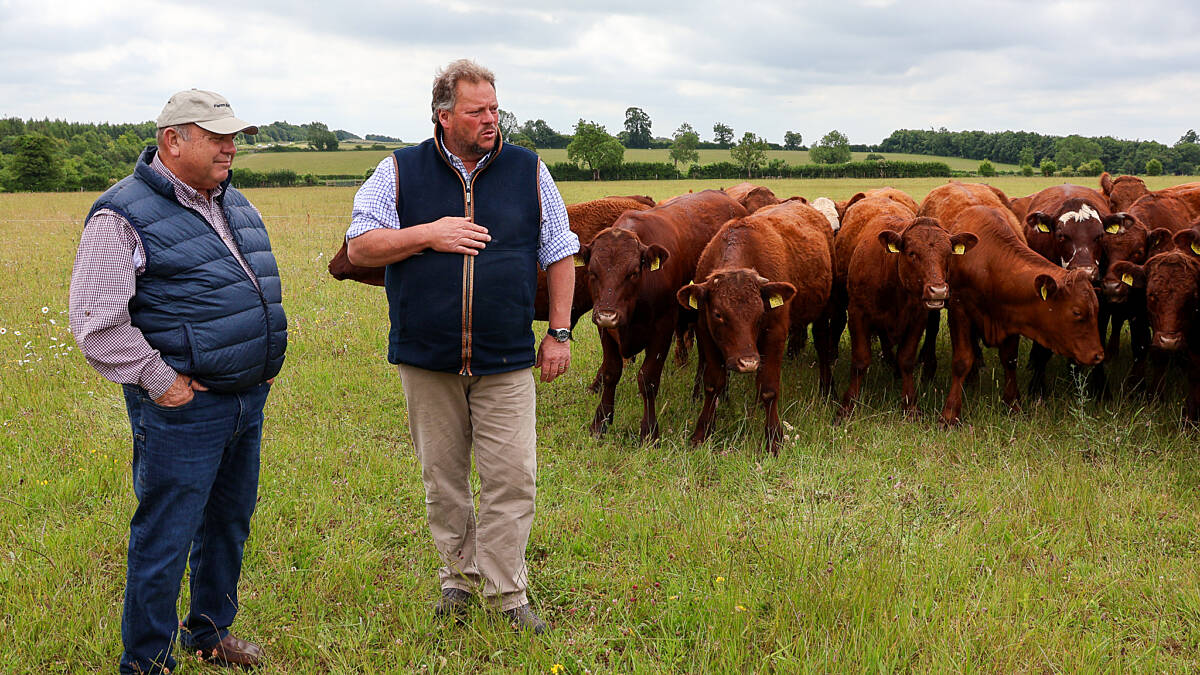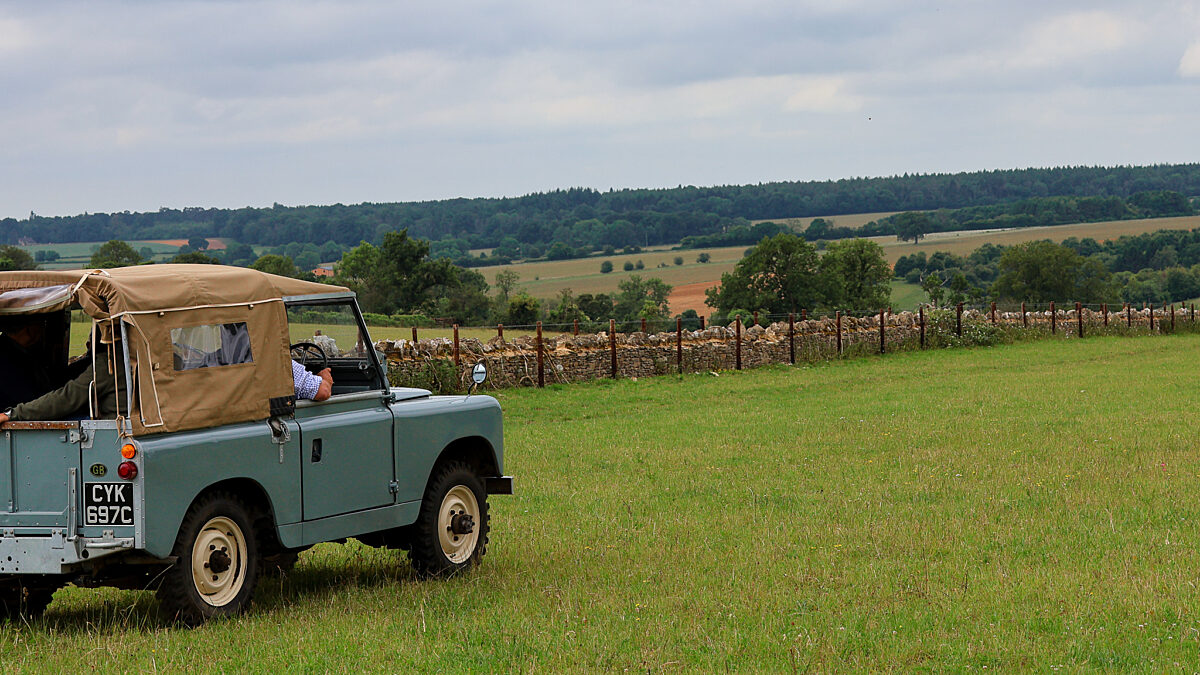Strengthening Ties with Farmers in the U.K.
Zippy Duvall
President
It’s no secret that I love visiting farms across our great country, and last week, I had a unique opportunity, to get a look at agriculture in the English countryside. I was reminded of how much farmers everywhere have in common, and every conversation highlighted how important trade is to farmers on both sides of “the pond.”
Before heading out to farmland, I had several meetings in London with U.K. government officials and farm leaders, as well as with our U.S. ambassador to the U.K., Warren Stephens. With the U.K. trade deal nearly final, Ambassador Stephens has hit the ground running in the short time he’s been in his post. His first visit, in fact, was from our Secretary of Agriculture Brooke Rollins. We have already seen what a strong advocate she is for farmers at home, and it’s no surprise that she is just as committed in her work for farmers and ranchers abroad as well.

photo credit: U.S. Embassy, Used with Permission
During my visit, I met with U.K. trade negotiators and U.K. farming minister, Daniel Zeichner. I also met with leaders of farm organizations, including the leader of the U.K. National Farmers Union, Tom Bradshaw; Dr. Phil Hadley, secretary general of the International Meat Secretariat; and Phil Stocker, CEO of the National Sheep Association. In all these meetings, I shared how eager farmers in the U.S. are to open trade with the U.K. and reach customers there. As I told U.K. officials, we see this as a natural trading relationship and an opportunity to set “the gold standard” for trade agreements. Each visit was warmly received, and I consistently heard how eager U.K. farmers are for the reciprocal arrangement for beef, now finalized in the trade deal. I have no doubt that U.S. beef will be popular over there as soon as British consumers get a chance to sink their teeth into American steaks and other products.
I also pressed in on questions that U.S. farmers still have regarding sanitary standards as the U.K. is working out a deal with the E.U. to set a “dynamic alignment” on their standards. These standards, which are often non-science based, have proven to be a barrier in the past, and I emphasized the importance of staying grounded in science. We understand the U.K. needs open trading relations with their nearest neighbors, just as we do with ours. But we urged them to hold firmly to science as they finalize those details.
And because crops everywhere need protection, we also talked pesticides. I asked them about the most popular chemical in this discussion right now, glyphosate, which has been reauthorized for use in the EU for the next 10 years. Despite what some discussions around this topic lately have implied, farmers in the U.K. and the EU rely on many of the same tools that we do to keep their crops healthy. In fact, Europe uses more pesticides per acre than we do in the U.S. according to the Food and Agriculture Organization (FAO), an international tracking and reporting body. It often surprises people to learn this when much of the current rhetoric implies otherwise.
Farmers truly share a bond, no matter where we live or what we grow and raise.

photo credit: AFBF
After meetings in London, we headed out to the countryside to visit a couple beef and sheep farms in the Cotswolds. As soon as the rolling green hills began to pop up outside the city, I felt at home. The landscape reminded me of my own farm, and I found the hospitality of the farmers I met just as warm as back home too. The farmers I met shared some familiar concerns with me. I heard about how hard it is for farmers in the U.K. to get the next generation on the farm, and even more so now with recent changes to their inheritance tax, like the estate tax in the U.S. Just as we are seeing in the U.S., most farmers are nearing retirement age in the U.K., and it’s getting harder to convince the next generation to come back to the farm, especially as sons and daughters see the challenges their parents face working to get by on the farm. Farmers also spoke of challenges finding enough labor, and we discussed the uncertainty of weather as they have been facing an especially dry few weeks, leaving less grass than usual for their grazing livestock. As I was leaving to return home, the rain began falling, hopefully bringing relief.

photo credit: AFBF
Another area of common ground that we discussed is the importance of sustainability on the farm and the role that livestock play in restoring the soil. David Barton showed me where his cattle graze and how they have been critical in bringing back native grasses and beautiful wildflowers, including a rare orchid, on his farmland. At the Miserden Estate, Nicholas Wills showed me his sheep and cattle, and the new facility they have on the farm to dry wood chips to provide clean energy for the village. What a great example of innovation and bringing agricultural solutions to serve local communities! Both farms are outstanding examples of caring for their land and animals, and reminded me so much of the same care and commitment of farmers across the U.S.
Farmers truly share a bond, no matter where we live or what we grow and raise. I look forward to strengthening that bond with farmers across the pond, with our new trade deal.

